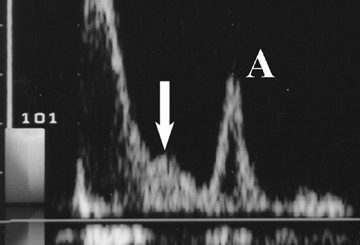Medicine MCQs – EBV
Contents
- 1 Which is the most prominent sign in EBV infection?
- 2 Severity of the disease in EBV infection correlates with the levels of
- 3 In the endemic type Burkitt's lymphoma ALL of the following factors primarily contribute to its development EXCEPT -
- 4 In EBV infection Lymphadenopathy most often affects -
- 5 All of the following are CORRECT for EBV infection EXCEPT -
- 6 "kissing disease" is other name for
- 7 Epstein-Barr virus spreads primarily through -
Which is the most prominent sign in EBV infection?
Pharyngitis, often the most prominent sign, can be accompanied by enlargement of the tonsils with an exudate resembling that of streptococcal pharyngitis.
Severity of the disease in EBV infection correlates with the levels of
Severity of the disease correlates with the levels of CD8+ T cells and EBV DNA in the blood.
In the endemic type Burkitt's lymphoma ALL of the following factors primarily contribute to its development EXCEPT -
In the endemic type Burkitt's lymphoma there are three factors that contribute to its development:
- Malaria,
- EBV,
- Expression of the c-myc gene.
In EBV infection Lymphadenopathy most often affects -
Lymphadenopathy most often affects the posterior cervical nodes but may be generalized.
Enlarged lymph nodes are frequently
tender and symmetric but are not fixed in place.
All of the following are CORRECT for EBV infection EXCEPT -
Fever is usually low-grade and is most common in the first 2 weeks of the illness
"kissing disease" is other name for
Infectious mononucleosis is often called the kissing disease.
Epstein-Barr virus is spread through saliva.
Epstein-Barr virus spreads primarily through -
Epstein-Barr virus, or EBV- It spreads primarily through saliva





